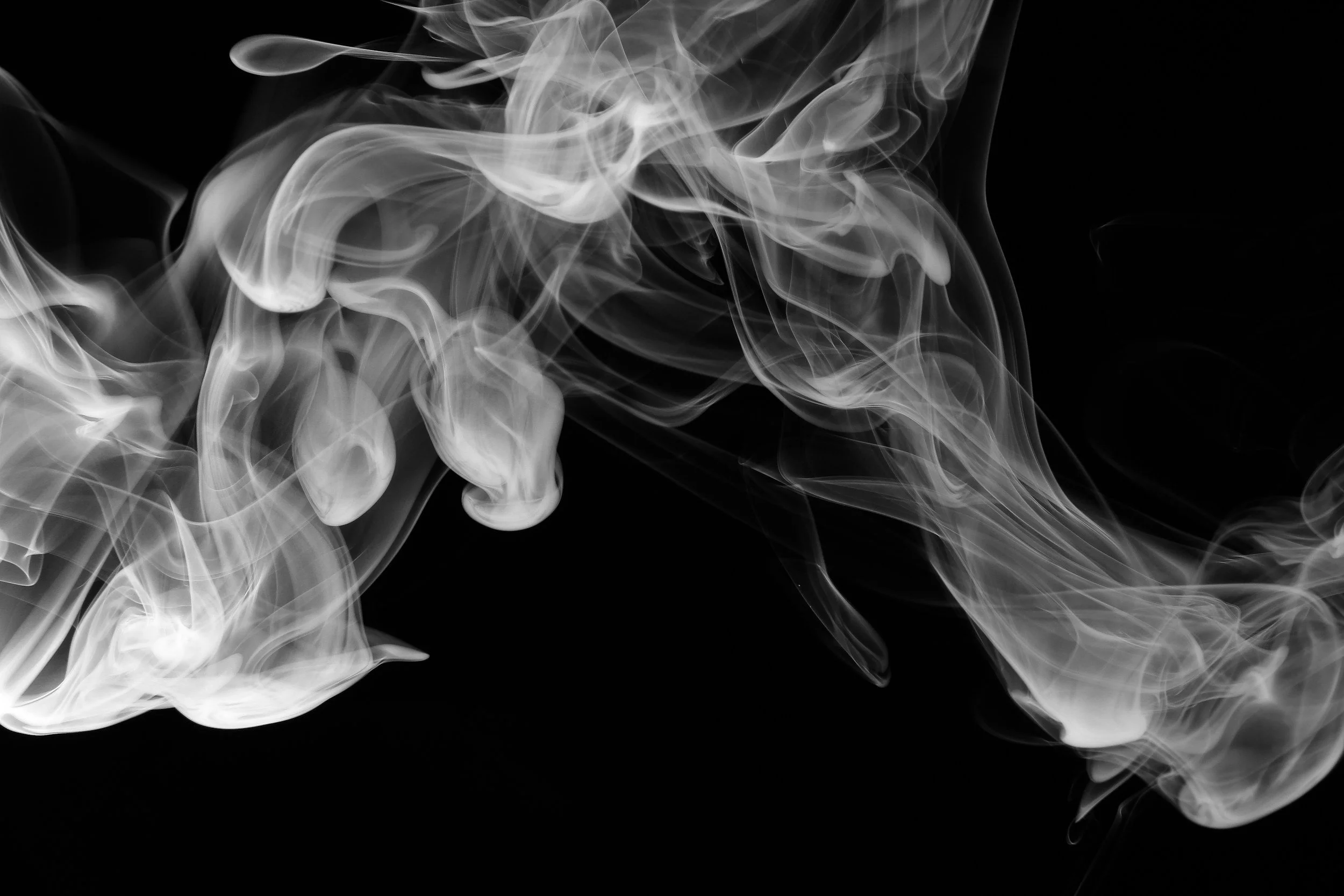
Shrouding and Washing the Body
Shrouding: A Family Affair
In Torajan culture, the preparation of the deceased’s body is a deeply sacred ritual that ensures both physical and spiritual cleansing before the soul embarks on its journey to the afterlife. This process, which includes washing and wrapping the body in ceremonial cloth, plays a vital role in preparing the deceased for their next stage of existence.
I was deeply moved when I was invited into the home of the beautiful family of Maria Pare for the Ma’tudan Mebalun – the shrouding of the body. This sacred ritual marks the deceased’s transition, preparing them for their passage into the afterlife. The act of shrouding was a family affair, with both adults and children involved, each contributing with love and care. The family carefully wrapped Maria in multiple layers of cloth, each one symbolising their connection and the presence of the living around the deceased.
The process took several hours, as each layer of fabric was added, thick and full of significance. The deceased was wrapped in clothing from her family and loved ones, signifying that her spirit would remain surrounded by their love as she transitioned. This process was not just a physical one but a powerful symbolic gesture of love, connection, and respect.
While this sacred task unfolded inside, family members and loved ones gathered outside to feast on the pig that had been sacrificed for the ceremony. I was warmly invited to join them, where I was offered snacks and coffee. The atmosphere outside was filled with laughter and joy, as children ran around dancing and playing. Despite the solemnity of the ritual taking place inside, the sense of community and connection was palpable in these moments of shared joy.
The participation of the children was a heartwarming aspect of the ritual. Their innocence and energy brought lightness to the occasion, and their involvement in the shrouding process added to the sense of unity. The entire family, working together with care and respect, created a beautiful and meaningful environment for Maria’s final preparation.
Washing the Body in Torajan Funerals: A Ritual of Love, Laughter, and Transition
On my second last day in Toraja, I was invited to witness another significant ritual. I arrived at a family’s home where a woman had just passed away. The family welcomed me with warmth and invited me to observe the washing and dressing of the body. It was an honour to be included in such an intimate and sacred moment, and the family’s openness deeply touched me.
As the family carefully and lovingly prepared the body, they placed money in a small purse, symbolising that the woman would have the means for her journey to the afterlife. One particularly tender moment occurred when they gently brushed her hair, ensuring that she was ready for her next step, transitioning from this world to the next.
What stood out most during this ritual, however, was the laughter. While attempting to style the woman’s hair, some oil was spilled, and the family members couldn’t help but burst into fits of laughter. It was a moment of lightness amidst the sadness – a beautiful reminder of how grief and joy, love and sorrow, are intricately woven together. This laughter, even in the face of loss, was part of the healing process, allowing the family to honour their loved one with both dignity and humanity.
These rituals – the washing, dressing, and shrouding of the body – are not mere tasks; they are acts of love, connection, and spiritual preparation. They create a sense of closure, offering comfort to both the deceased and those who remain. As the family worked together to prepare their loved one, I could feel the deep bond between them, their care, and their respect for the sacredness of the process.
Witnessing these sacred moments in Toraja left me with a profound respect for how the Torajan people honour death. Their rituals, rich with meaning and tradition, remind us that death is not to be feared but embraced as a natural transition in the cycle of life. The Torajan approach to death blends sorrow with celebration, love with laughter, and spiritual connection with the everyday joy of living. It is a perspective on death that I will carry with me forever.